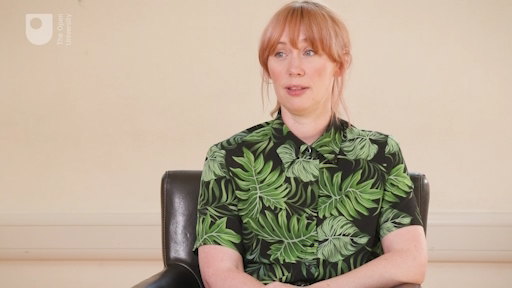3 Contingency planning
Also known as continuity planning, this is essentially about having a plan B that you can put into place if things go unexpectedly wrong.
A recent shared experience for all freelancers across the globe, has been the impact of the Covid-19 pandemic. While this is just one example of ‘the unexpected’, it has been a useful catalyst for contingency planning ideas and suggestions. For example, Worknotes (no date) describes the following actions a freelancer could consider:
- how you might use technology to work remotely
- whether there are freelance communities you can join to access support and advice
- taking out insurance to cover you if you fall ill
- looking at where you can cut back on non-essential spending
- setting up an emergency fund that you can use if your income stalls.
In the longer term, the author also suggests:
- adding new services to your business
- diversifying your income
- not relying on a single client for most of your income
- packing up services in a way that can be delivered remotely.
Bytestart (no date) explains how to write a continuity plan:
- What could happen? Brainstorm the major things that could potentially devastate your business, e.g. illness, the loss of your home or premises, etc.
- What are the immediate actions? If there’s anything you can do right away, like backing up your hard drive, do it now!
- What will you do? Go through your brainstormed ideas, work out a plan for each problem and write it all down. Keep it simple and aim to review it regularly.
- Who will you tell? Keep several copies of your plan in safe places and tell two or three trusted people about it.
As you found out in Week 2, resilience is a key skill for a freelancer, and the more resilient you are, the better you will be at acting on your contingency plan should the need arise.
Watch this short video of our creative freelancers from the weekly introductory videos talking about what resilience means to them and how they maintain it.

Transcript: Video 5
While contingency planning may seem negative and uninspiring, using your creative skills to come up with solutions to potential problems may give you an advantage over other freelancers struggling with the same possibilities.
